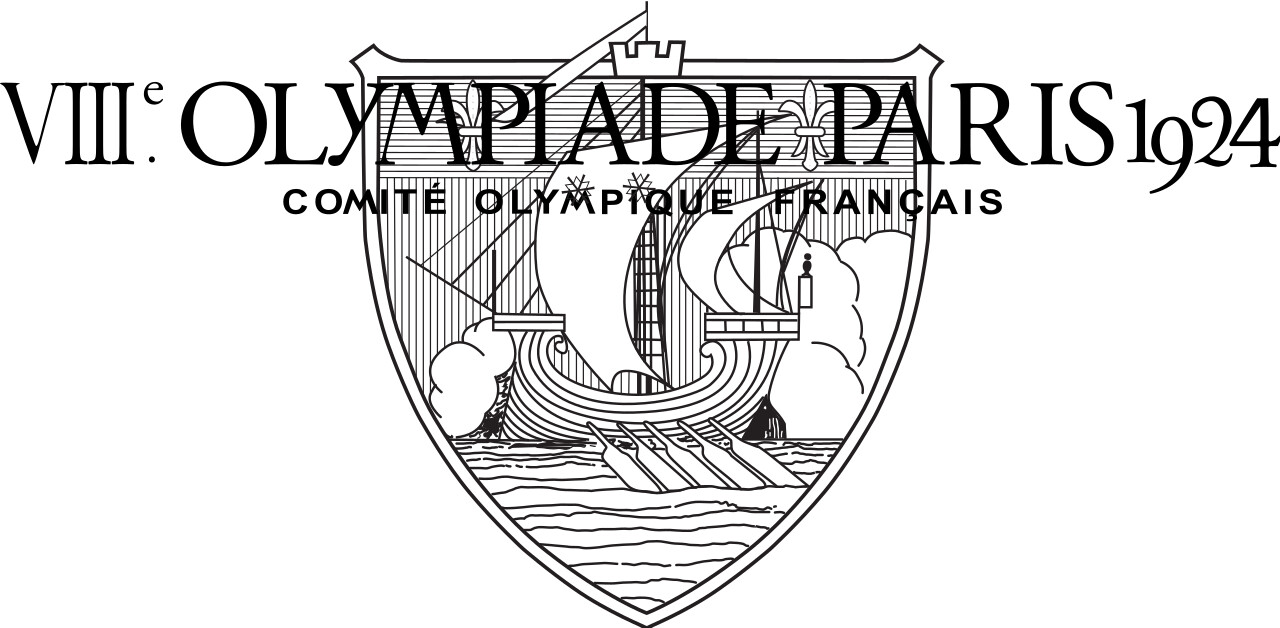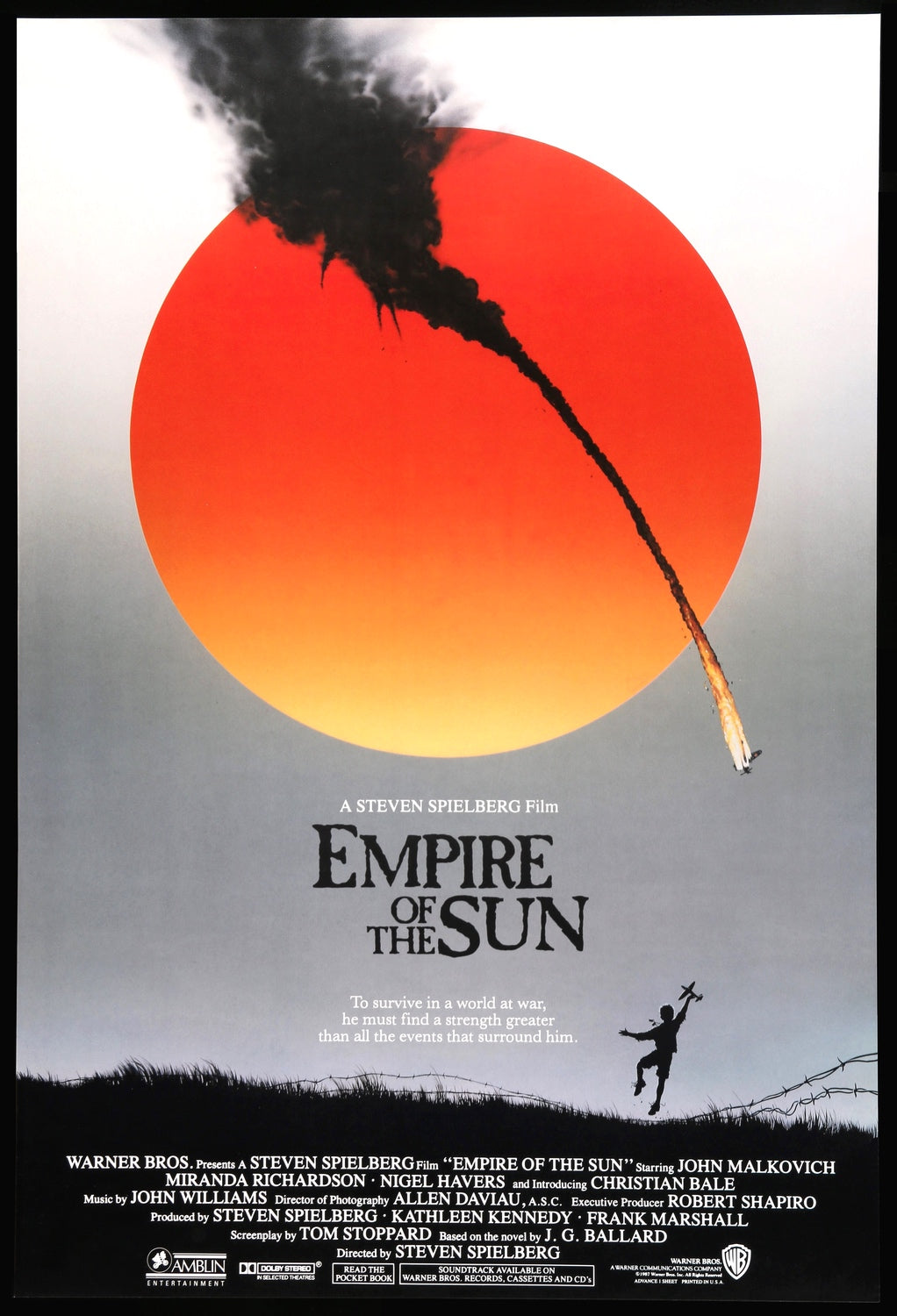The athletes in the real life Olympics
Important for today’s film…
Brooklyn Eagle (July 8, 1924)

Standing of nations in Olympic Games
| Javelin | 10,000 m | 100 m | 400m hurdle | Pentathlon | High jump | Total | |
|---|---|---|---|---|---|---|---|
| United States | 6 | 0 | 11 | 15.5 | 5 | 18 | 55.5 |
| Finland | 13 | 17 | 0 | 5 | 12 | 0 | 47 |
| Sweden | 6 | 5 | 0 | 0 | 3 | 1 | 15 |
| England | 0 | 3 | 10 | 1.5 | 0 | 0 | 14.5 |
| France | 0 | 0 | 0 | 3 | 0 | 4 | 7 |
| Hungary | 0 | 0 | 0 | 0 | 5 | 2 | 7 |
| New Zealand | 0 | 0 | 4 | 0 | 0 | 0 | 4 |
BRITAIN HANDS AMERICA A STUNNING SURPRISE IN SPRINTS
Harold Abrahams astounds America by conquering so-called ‘fastest humans’
By George Trevor
It was blue Monday for America’s athletes in the Colombes Stadium yesterday, despite the fact that the United States passed Finland to assume the lead by a meager 7 points. Several glittering victories, it is true, gilded our banners, but the sting of defeat in the 100-meter dash could not be softened by success in the high jump and the 400-meter hurdles. As a matter of fact, we didn’t achieve the success we anticipated in either the hurdles or the high jump, since we failed to sweep the boards, as we were confident of doing.
The disqualification of Charles Brookins, who finished second to George Morgan Taylor in the 400-meter hurdles, was a bitter pill to swallow. Coach Robertson could not conceal his chagrin, for he had counted on the first four places for a total of 22 points. All we got out of it was eventually 14 points and a world’s record. Taylor equaled his phenomenal time made in the Cambridge tryouts by turning the distance in 52.6 seconds. The Gunnell boy is as consistent as he is brilliant.
A bad break
The disqualification of Brookins for alleged interference with Wilén of Finland at the turn, was a savage jolt for Coach Robby, the more so since there seemed little ground for such arbitrary action on the part of the officials. America had better make up her mind that she is not going to get any the best of things at Paris. All the world hates a winner, and your Uncle Samuel has exercised a monopoly on Olympic laurels ever since the games were revived at Athens in 1896.
Last year at Paris, America finished 1–2–3 in the 400-meter hurdles, with Loomis, Norton and Desch showing the way. We thought we had even better prospects this season, but a chain of circumstances intervened to prevent our “cleanup.” First, Coulter stumbled taking a hurdle in the qualifying heat and was eliminated. Now Brookins, after finishing second, is disqualified on a questionable decision. There seems to have been no excuse for Ivan Reilly, who permitted himself to be outrun by Wilén of Finland. Those 5 points are surely a windfall to the Finns, who did not expect to snag even one in this event.
A crowning humiliation
America’s crowning humiliation, however, was the defeat of her much-heralded sprinters by Harold Abrahams of Great Britain. Sweet spirits of niter, what a surprise! Upset probably wouldn’t be the right word, for Abrahams won his honors fairly, decisively demonstrating his superiority over such supposedly invincible sprinters as Jackson, Scholz, Charlie Paddock and Loren Murchison.
Who is “the fastest human” now? Business of four Yanks bowing low and handing over the exclusive rights to that flattering title to long-legged Abrahams of Britain. Well may John Bull hold his sides for laughing at your Uncle Samuel’s discomfiture. The rotund Britisher jolly well knew that his boisterous cousins overseas had been making fun of Abrahams’ wonderful practice times. When it was recently announced that Abrahams had run 100 yards in 9.6 seconds, a lot of smart alecks sneeringly remarked that “the Limey must have run downhill with a gale behind him.” There are not a few “professional” eagle screamers who accept no times as valid unless made by an American athlete.
Abrahams proves class
Your correspondent has no particular love for things British, but we do believe that subjects of King George should get a square deal from the sportswriters and fans of this country. Abrahams has established himself as one of the great sprinters of all time. Any man who can run 100 meters in 10.6 seconds three times in succession has earned his niche among the immortals of the cinder path. Thrice within two days has Abrahams been docked in those record-equaling figures. No wonder Englishmen are hailing him as a worthy successor to the illustrious Harry Hutchins. It’s been a long time between star sprinters in merry England.
Abrahams ran one-fifth of a second faster than did Paddock when the latter won the 100-meter sprint at Antwerp. Unbiased critics who saw Britain’s youthful Mercury in action are unanimous in believing that he could hold Paddock even on the best day the latter ever saw.
England’s hero
No wonder Abrahams is a name to conjure with in England today. Our cousins had become “fed up” on tales of the prowess of Scholz, Murchison and Paddock. France, always susceptible to emotional reactions, had accepted the legend of Paddock’s invincibility. Past triumphs had invested him with almost superhuman qualities. Now the idol has been shattered. The king has been uncrowned. The Olympic victor of Antwerp has become the hapless trailer of Paris. Four years is a long time on the cinder path.
The scoffers who sneered at Abrahams’ pretensions to a place among the elect are silent today. The track at Colombes was not downhill, nor was there a wind to blow him along. Abrahams did it “on his own.” The handwriting on the wall was evident early in the afternoon, when Abrahams beat Paddock and Bowman in a preliminary heat, equaling the Olympic record of 11.33 seconds. Abrahams got off to a bad start that time, but opened the critics’ eyes by catching Paddock from behind right on the tape. At the halfway mark, the tall Britisher was fifth! His finishing rush was one of the most dramatic ever staged. The cables tell us he “fairly flew.” It was certain that if Abrahams could beat Paddock after a bad start, he would win the finals with a good one.
Porritt’s fine effort
In beating Porritt of New Zealand, Scholz did not equal Abrahams’ time. Scholz was not fully extended to beat the New Zealander by three yards. However, Porritt improved several strides in the finals. Abrahams did not make the mistake this time of being left at the post. He rightly feared Scholz. Off winging, Abrahams led for the entire distance, breaking the tape three yards ahead of Scholz.
Poor Paddock was never in the picture. A highly geared piece of human machinery such as a sprinter has only so many good races in his system. Paddock has passed his peak. The “elastic” is gone from his legs. The old drive is not quite there. Murchison’s case is different. The Newark runner is the world’s best performer on boards, but he has never proved himself truly great on the cinders. A second guesser might be pardoned for wondering whether Frank Hussey might not have done better than the Newark flash. Personally, we should have liked to have seen big, strapping Alf Leconey in there instead of Bowman, who seems to have shot his bolt in France.
Memories of Walker
Abrahams’ astounding victory marks the second time in history that America has lost an Olympic “100.” Not since Reggie Walker of South Africa stunned America by defeating the highly-touted Jimmy Rector has the Stars and Stripes failed to fly at the masthead after the 100-meter dash until Abrahams lowered it yesterday. The outlook for today is none too rosy. Abrahams looks like a winner in the 100-meter sprint. His tremendous finishing power ought to make him even more formidable at the longer distance.
Uncle Sam is likewise up against it in the 300-meter finals, for which all four of his entrants qualified. Richardson, who won the American tryouts at Cambridge, was badly beaten by Stallard of England in the clinking time of 1:64.2. “Soapy” Waters bowed to both Douglas Lowe and Jim Houghton of Great Britain in the second heat. Dodge and Enck, who finished 1–2 in the third heat, ran the slowest race of the three.
It begins to look as though Stallard would win the “800” today, with his countryman, Low, finishing second. The two Cambridge University Blues are strong runners, with the ability to sustain their bursts of speed.
Britain teams with Finland against America
British triumphs in sprints and middle-distance runs help Finland to hold U.S.
Paris, France (AP) –
The athletes of the United States have a difficult task ahead of them today to retain first place among the competing nations in the Olympic track and field championships, which coveted position they took away from Finland yesterday. Two of the events to be concluded this afternoon – the broad jump and shotput – are expected to develop into duels for supremacy between the Finns and Americans, while in the third final of the day – the 800-meter run – the Americans, although relieved of Scandinavian opposition, will find their half-milers given the difficult task of outrunning two of Britain’s best, Lowe and Stallard.
No one, least of all the British, thinks even for a minute that Great Britain can win the Olympics, but all keen observers of the games realize that the Britons can help the Finns to win more than any other third party, by holding the Americans down. Yesterday Harold Abrahams of England indirectly helped along the Finnish fight by winning the 100-meter dash from a squad of six English-speaking competitors which included the four fastest sprinters in the United States. Today it is not at all unlikely that either Lowe or Stallard will follow Abrahams’ example and finish ahead of the Americans in his event.
Torpo and Pörhölä
In the shotput the Scandinavian squad of strong-armed men will be led by the Olympic champion Pörhölä and the new star Torpo, while the United States places her hopes in a trio of collegians, Ralph Hills, Glenn Hartranft and Clarence Houser, all of them capable, like the best of the Finns, of tossing the ball 50 feet or so.
A couple of long-limber Negro stars will carry America’s colors over the sandpit in the broad jump. They are DeHart Hubbard and E. O. Gourdin, the latter of whom held the world record at 25 feet 3 inches until that mark was bettered by three inches yesterday in the pentathlon by Robert LeGendre, American star. Unfortunately for Uncle Sam, LeGendre is not entered in the individual broad jump. The chief opposition in this event is expected to be furnished by Rainio of Finland and Abrahams of Great Britain.
Besides the trio of final events this afternoon there will be preliminary heats in three track events, the 110-meter hurdles, 200-meter dash and 5,000-meter run. The first two are expected to result in victories, for the English-speaking nations, with Scandinavian stamina coming to the fore again as the length of the runs increases. Paavo Nurmi is slated to make his first appearance for Finland in the distance race.
Finland takes pentathlon
Up to now, the late bird has been getting the worm at Colombes. Last night’s program was not concluded until 9 o’clock, when the final event of the long-drawn-out pentathlon ended with Finland once more victorious. It was her third triumph in the six events which have been concluded, and made her total points for the two days 47, putting her in second place behind the United States, which leads with 55.5 points. The greatest contributions to the American total were made by two first places at 10 points each, two seconds at 5 each and three thirds, netting 4 each.
Harold Osborne won first place for the United States by doing the high jump in 6 feet 6 inches, a new Olympic record, and F. Morgan Taylor won the other by leading the field in the 400-meter hurdles. He finished in 52.6 seconds, which is world’s record time, but which is not likely to be allowed as he knocked over one hurdle.
Norman what happened?
An accidental window close 
Next week it’s The Big Red One.
NOW SHOWING

1980 | 113 minutes
A hardened sergeant and the four core members of his infantry unit try to survive World War II as they move from battle to battle throughout Europe
What?!! Call of duty games get movie adaptation too?! ![]()
Ya… before Call of Duty was even an idea. Suuuure ![]()
P.S. I find your new profile picture of Tom hilarious ![]()
The original Grumpy Cat ![]()
Disclaimer : I was kidding.
Thanks comrade! (I am german spy no longer!)
NOTE: I’m playing the theatrical cut (if Zach’s not playing it, ofc)
Next week it’s Empire of the Sun.
NOW SHOWING

1987 | 153 minutes
A young English boy struggles to survive under Japanese occupation of China during World War II.
Based on the novel by J. G. Ballard.
Crash '96 flashbacks… ![]()
They were written by the same guy! ![]()
Yup, Christian Bale’s character is actually somewhat based on Ballard himself though fictionalized. The kid’s even named Jamie Graham.
